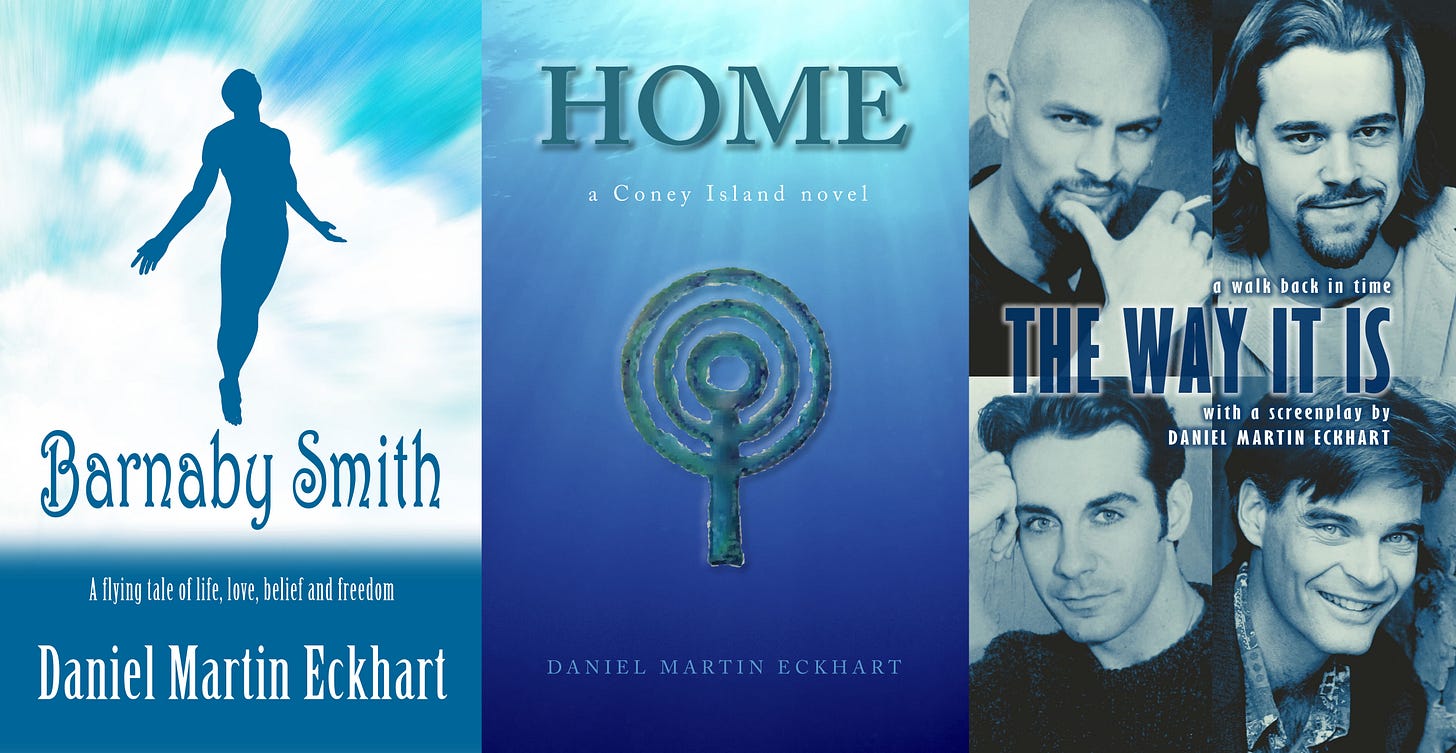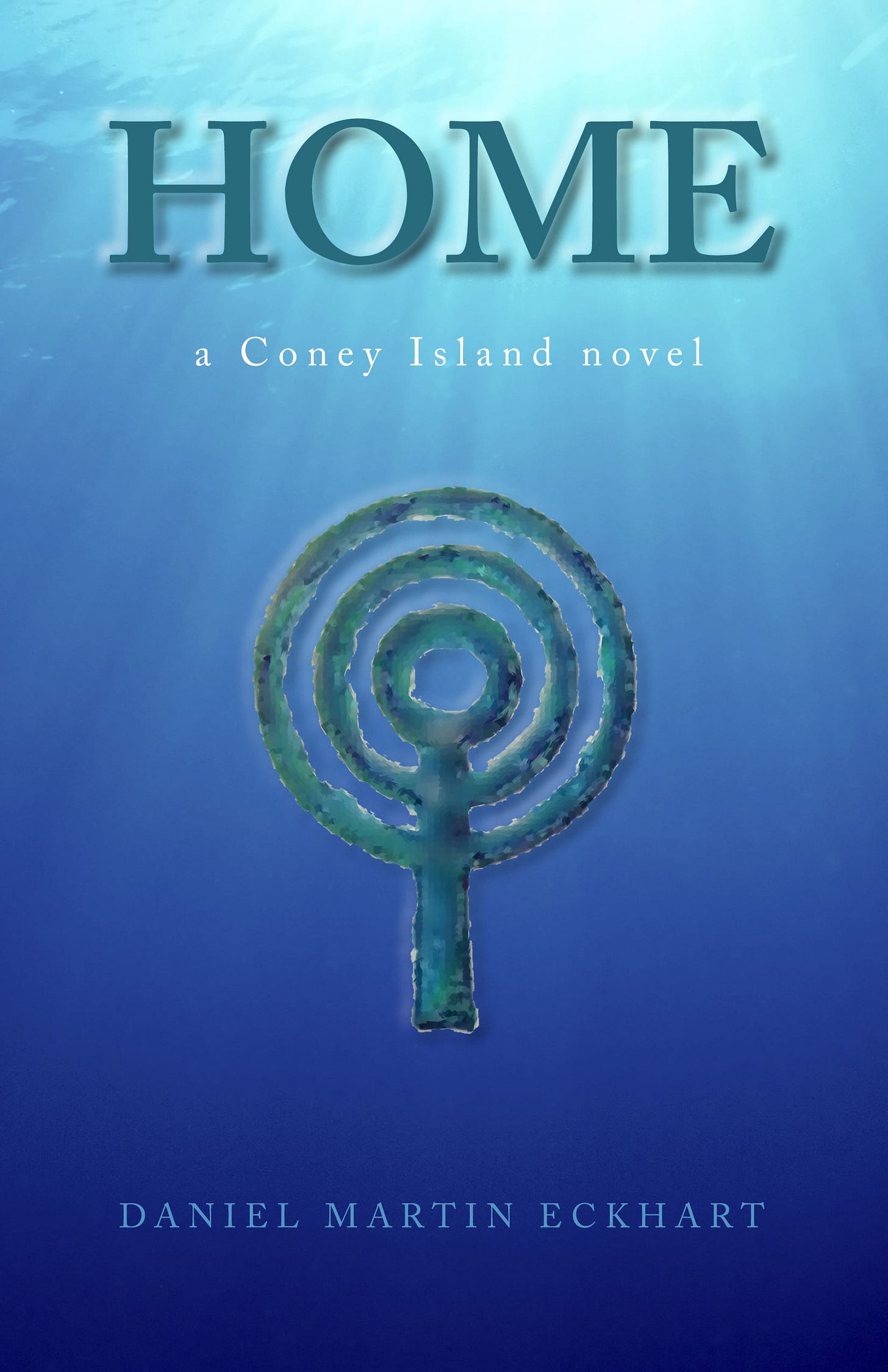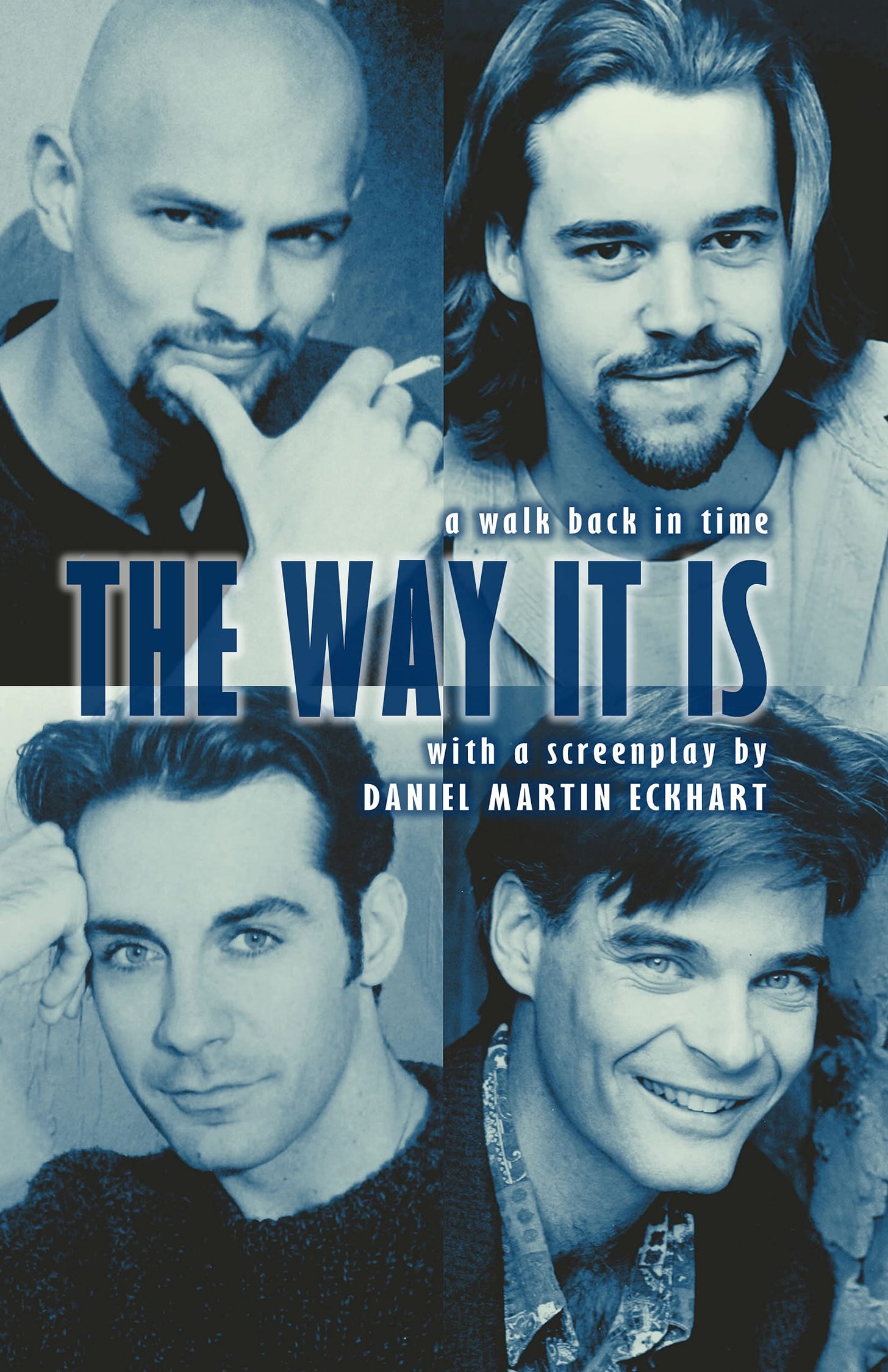From screenplay to novel: How I breathed new life into my spec scripts
We write specs scripts in the hopes that someone will turn them into amazing films. Most often, however, those specs end up collecting dust on a shelf. However, it doesn't have to end that way.
When I started writing novels, I began looking at my old spec scripts again. Specs are labors of love, passion projects, screenplays writers craft to make an impression, to get through a door, attract an agent, generate interest. While specs most often don’t sell, they are hugely valuable as calling cards, proof that a writer can tell a story and is worth considering for a hired gig.
Most writers have written at least half a dozen specs before they get their first paid writing assignment. My specs won in contests, they opened doors, they were valuable reading samples, they got me jobs ... but they never sold. The characters in those stories never got to be discovered by the world out there. I figured it was time to change that.
In 2015 I wrote a spec (something I hadn’t done for years as I had been hired all the time), the story of a man who believes that human beings can fly. I wrote the spec, I loved it - and realized that I wasn’t done with the characters. So I expanded it into a novel. There was interest in the screenplay for a while. My agent talked to people; it was optioned for a while; I met with an excellent director to discuss it; he managed to get the commitment from one of Germany’s best actresses to take the female lead role; and finally, the one and only Jeremy Irons read the script and was interested in playing the protagonist.
Alas, as it is with most film projects, things end up not coming together. I’m entirely at peace with that, it is the nature of the film business. I ended up publishing the novel Barnaby Smith - and in this way the story that was initially created as a spec, lives on in a place where people can and do discover it, where my characters, if not on screen, still get to come alive in readers’ hearts and minds.
A year later I took one of my old specs, Breakfast in Atlantis, and used it as the basis for the novel Home. Some of the spec’s characters vanished in the process, while minor characters took on leading roles… and all of the work I had put into that spec some twenty years before, found new life and the story is now been read by thousands of readers. As a writer, what’s not to love, wouldn’t you agree? The other option is to leave your labors of passion on that shelf in your writer’s cave, to be discovered by no one, ever.
One of the reasons screenwriters haven’t traditionally done something/anything with their specs is simply because they are forever caught in a web of hope and fear.
Hope: You have to be a dreamer to be in this business. You need to be able to believe, to hope against hope, that your film will happen. Odds are stacked against any project. Most often, one or more of the stars that need to align, just don’t. And so we write spec after spec and they pile up on our shelves as one after another don’t quite get there. And while we hope that, one fine day, someone somewhere might want exactly what we have on our shelves, the only thing that actually happens is that those spec vanish under layers of dust. Since I’m a professional writer it follows that I am one of those dreamers. But there’s also the realist in me. And the realist knows that hope without action is useless.
Fear: Most writers are afraid that someone might steal our brilliant stories. And so they hide them. The simple truth is, however, that your story likely isn’t quite as unique as you think it is. By hiding those stories, all you do is destroy any chance of anyone ever discovering it. In the above-linked article I share some further thoughts on this topic. In it, I highlight that what separates your story from other stories isn’t your story, it is your - hopefully - distinct voice. And again, you want to do everything you can to move the odds in your favor. Screenwriters should do whatever they can to make things happen. If their specs are out there in the public sphere, they increase their chances of being discovered - and read, enjoyed and reviewed by readers.
A few years later I rediscovered another one of my specs. It might surprise you to learn that I never wrote this spec with the intention of it ever becoming a film. It was simply my way of intensely reliving a brilliant time in my life. I studied acting at the marvelous Neighborhood Playhouse School of their Theatre from 1990 to 1992.
It was a time of glorious intensity, of warmth in the company of great friends, and of heat as we learned the craft and joyously lived through highest ups and lowest downs, discovering our instruments, discovering ourselves. It was a time to form friendships for life. Five years later, my best friends and I had all moved from New York City, living our separate lives.
I missed them - and so I wrote a whimsical screenplay - a fictitious story about four very real guys in New York City, a year after graduating. It was my way of once more spending quality time with them. This spec, too, could be collecting dust. But why not share it? Why not give others the opportunity to experience that time, that joy, that time of lunacy and friendship? And so I published The Way It Is.
This particular script will never be filmed - it wasn’t meant to be filmed. But now it has a life - and honestly, those specs, our specs, the stories we pour our hearts and souls into - don’t they have a right to live? I think they do.
Leaving specs to the dust doesn’t feel right to me. Those stories are written with just as much passion as authors put into their novels. They are different forms of writing, yes. And the screenplay’s ultimate goal is the silver screen, yes. But when that doesn’t happen, why should such scripts be lost to the dust?
Looking at my old specs again, I’ve realized just how much they mean to me – and just how much I owe them. As mentioned, they have opened doors, they have delivered as reading samples, they got me agents, they got me jobs. I’ve published half a dozen of my spec scripts on Amazon - no frills, no additions, no changes. I’ve simply adjusted the format as it makes for easier reading for a broader audience.
PS: In case you wonder whether any of that will make you money. Heck, it can. But likely it’ll be minimal. There’s the far-out chance that an industry person discovers your story that way. There’s also the remote chance that the book takes off and a publisher snatches you up. But don’t count on those. Do this because you believe in your stories and because, I guarantee it, you will love knowing that all of your hard work finally has an audience.















Thanks for the article, I’ve been thinking about revising some screen plays I’ve written a while back and was also thinking about putting them out there for some competitions but also on Amazon. How did you change the format?